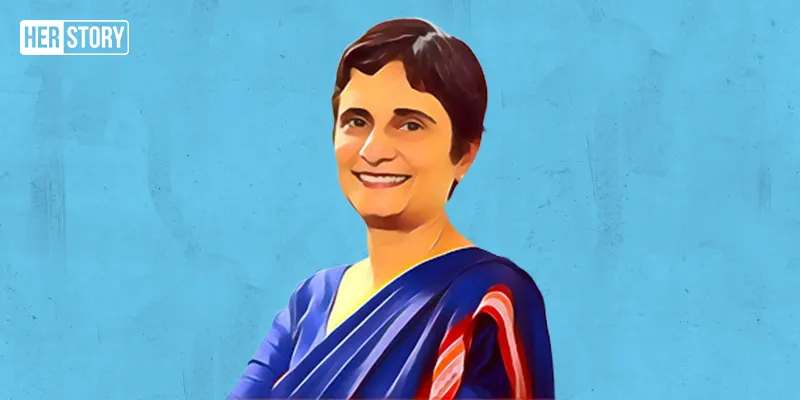Gagandeep Kang becomes first Indian woman scientist to be elected as Fellow of Royal Society
Gagandeep is known for her inter-disciplinary research studying the transmission, development, and prevention of enteric infections and their sequelae in children in India.

Gagandeep Kang
Also read: 7 Indian women scientists who are an inspiration to all
Women scientists are making a mark all over the world and how! In what can be termed a fillip for Indian science in the global area, virologist and scientist Gagandeep Kang has been elected as Fellow of the Royal Society (FRS), the first Indian woman scientist to receive this honour.
The FRS is the oldest scientific institution in the world, and is dedicated to promoting excellence in science. Gagandeep is the Executive Director of the Translational Health Science and Technology Institute (THSTI), Faridabad, and is the Chairperson of the World Health Organisation (WHO) Southeast-Asia's Immunisation Technical Advisory Group.
According to the Royal Society website, Gagandeep is known for her inter-disciplinary research studying the transmission, development, and prevention of enteric infections and their sequelae in children in India.
To develop practical approaches to support public health, she has also built national rotavirus and typhoid surveillance networks, established laboratories to support vaccine trials, and conducted phase 1-3 clinical trials of vaccines, a comprehensive approach that has supported two WHO pre-qualified vaccines made by two Indian companies.
She is investigating the complex relationships between infection, gut function, and physical and cognitive development, and seeking to build a stronger human immunology research in India.
In a tweet, the office of the Principal Scientific Adviser, Government of India, congratulated Gagandeep Kanga and Manjul Bhargava, two Fellows elected from India.
THSTI, Faridabad, also congratulated Gagandeep and hoped that she continues to aspire scientists and clinicians all over the world.
It's a huge honour for not only Gagandeep, but also the whole country, where very few women scientists succeed in breaking the glass ceiling and receive global recognition. Hopefully, it will aspire more girls to join STEM fields and make a mark for themselves.







